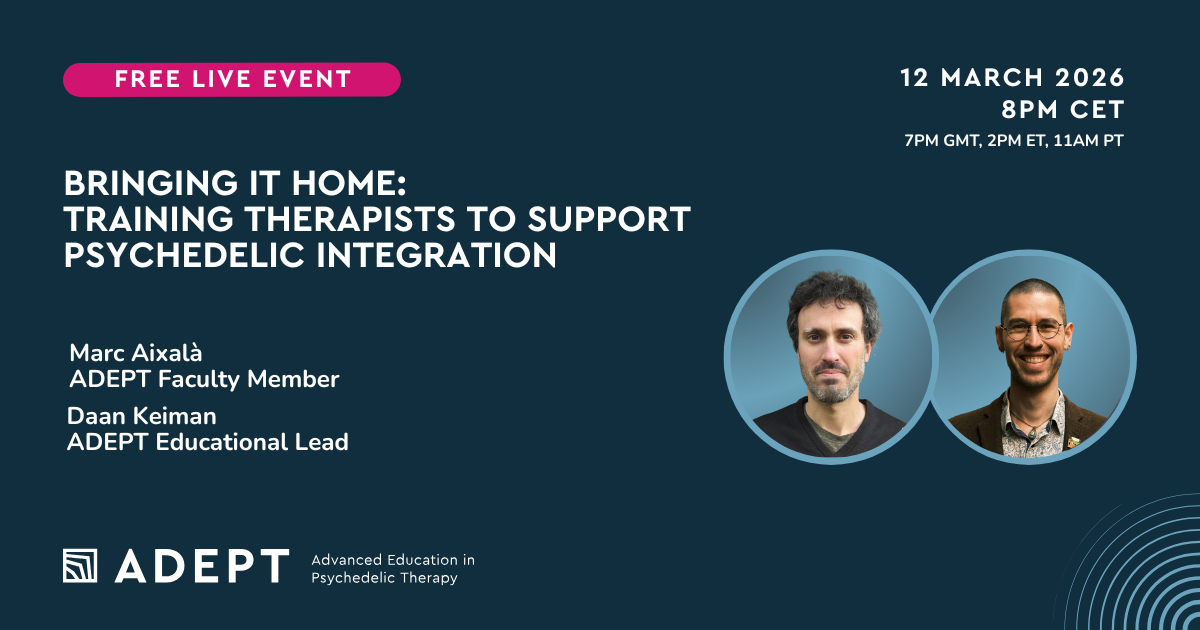The revival of psychedelic research signals an inspiring change in official attitudes towards ‘mind-altering’ substances, altered states of consciousness and their potential as catalysts of religious/mystical experience, ‘self-healing’, consciousness research and creative expression. At the same time this ‘research’ still requires authorization by institutions that have a monopoly on the manufacture, trade and application of mind-altering substances, and that continue to enforce a ban on their use and to promote coercive interventions and punishments against those who use these substances outside authorized medical and scientific research.
The aim of this conversation is to examine the ways beliefs, assumptions, hypotheses and/or understandings impact the interpretation of empirical research used to silence and exclude ‘drug users’ from the ‘court of specialized discourse’ in which their fundamental rights are discussed and decided. Contrary to expectations, we will argue that a radical improvement in the effectiveness of regulatory measures can be achieved at little or no extra cost, possibly even with enormous cost-saving, and without recourse to complex medical or scientific explanatory models, simply through the adoption of reasonable differentiations, that are based on the outcome of drug use, and neutral with respect to the drug, the agent’s intent, and the setting in which drug use occurs.













